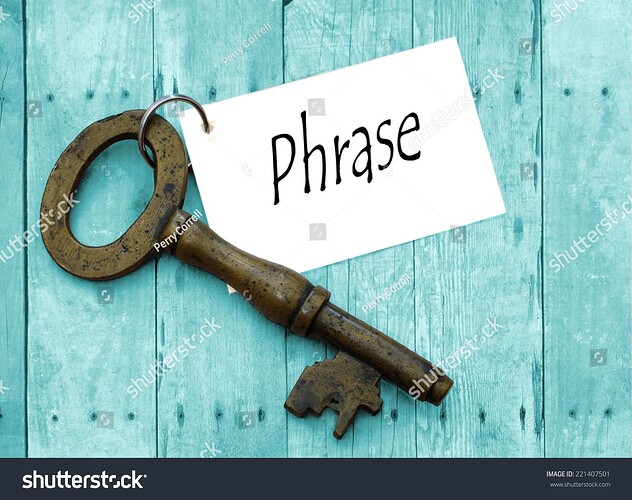This is a bit of an abstract post, but I’d like to start a conversation about a chat which happened recently on a Discord server with a contact of mine. He was reading a paper about mathematics education, I think, where dialogues between teachers and students are dissected and analyzed.
The central premise is that they classify dialogues as either “key actions” or “regulating actions”. A key action is a mathematical contribution, reconstruction, showing work, explaining a procedure, and so on, while a regulating action is a form of feedback: it might address the pupil, shut down the contribution, or encourage more contributions.
I wonder if one way to help facilitate the learning of the “RPG conversation” is to lean into particular ways or engaging or relating. It could be key concepts or phrases, both for “key actions”, and, even more so, for “regulating actions”. My friend @DavidBerg once produced some great comics demonstrating how a GM and a player navigate fictional descriptions and reaching agreement. (Dave, if you’re reading this, perhaps you can link to them?)
I think that some use of particular techniques like key phrases might be a good tool. It could help a new player (and especially a new GM) orient themselves to a mode of play, help correct common errors, or help people transition from one playstyle to another.
A popular and famous one is: “What do you do?” As, for example, Apocalypse World instructs you to do after every “move” (although of course this has been classic GM practice forever).
An example we discussed elsewhere recently was:
-
You’re refereeing an old school, challenge-based adventure style of game. An adventurer is doing something risky, and you need to know a particular detail to determine whether they might spring a trap. “So, are you putting your hand under the black stone?” might be too obvious a tell in such an environment, so what other options are there?
-
The key phrase might be: “Ok, describe what you’re doing, so we can all picture it.”
Consistent use of this could help smooth this kind of situation. It’s not perfect, but it’s a helpful phrase for a particular moment of play and getting through it.
Another example that helped me was when I was learning to run Monsterhearts (as I discussed indirectly elsewhere on this forum, via my start-of-play playset):
- For this game, sometimes, instead of asking “what do you do?”, say “how does that make you feel?”
It’s nice to remind players that the inner psychology of the character matters here, sometimes it can lead to triggering a move (e.g. Turn Someone On or Shut Someone Down or Keep Your Cool), and it gets players to engage in a little inner monologue - sometimes very appropriate for an angsty teenager.
Some other types of conversation: affirmation, questioning, provocative questions, asking for more detail, offering to elide or summarize, calling for a perception check or initiative roll, asking for a character’s internal feelings or thoughts, describing what’s at stake when making a certain type of roll, asking to identify the ability used, asking whether something should be Veiled (not described in detail), avoiding tangents, etc.
I can imagine a small selection of such moments or actions could help someone orient to a new playstyle, in particular. (“In this game, we…”)
Apocalypse World, in many ways, was one of the first game texts to cover the “key actions” aspect of conversation well (although it does also touch on others). It might be interesting to explore some other ways to teach or design or qualify “regulating actions”. (One example of a game that actually does this as part of its design is Archipelago.)
Have you seen any good examples of this in design? Are there any phrases or techniques you love to use that would benefit from being written down and taught? Or examples from a game you played in or ran?
Thumbnail:
